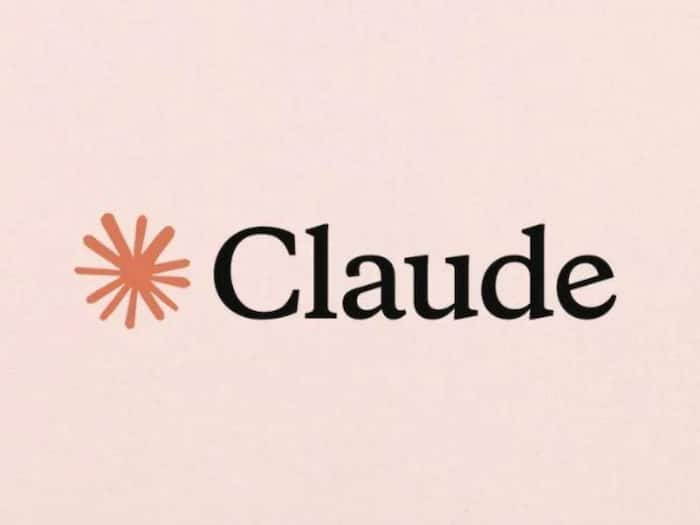
Written By Madhav Malhotra
Published By: Madhav Malhotra | Published: May 23, 2025, 05:02 PM (IST)

Anthropic just dropped the next-gen Claude models and they are setting new benchmarks for coding, advanced reasoning, and AI agents. The new models Claude Opus 4 and Claude Sonnet 4 are powerful and perfect for AI-powered coding or complex problem-solving. Also Read: Gemini 3 Flash Is Here: Google’s Fastest AI Model Yet?
Claude Opus 4 is being called the world’s best coding model. It shines especially in tough, long-running tasks and agent workflows and is able to stay sharp and focussed for hours. This model isn’t just good at coding but, it’s powering frontier AI products with precision and stamina. Industry leaders like Cursor and Replit are already praising Opus 4 for its coding skills and its knack for handling complex codebases with ease. Also Read: Google's AI Coding Tool ‘Jules’ Is Now Available For Everyone, Even Non-Coders: What It Can Do
On the flip side, Claude Sonnet 4 is a major upgrade from its Sonnet 3.7 as it balances powerful coding abilities with efficiency and sharper control. It’s set to be the new brain behind GitHub Copilot’s coding agent. It is is praised for better reasoning, following instructions, and producing cleaner code. Basically, Sonnet 4 is the perfect mix of muscle and speed for everyday coding tasks. Also Read: Google Adds Search Live to AI Mode for Real-Time Voice Chats
It’s not just power these models excel in. Both models introduce extended thinking, which allows them to use tools like web search during longer reasoning sessions. This makes switching between thinking and looking things up easier, and they come up with smarter answers. They also bring parallel tool execution and improved memory when developers give access to local files. Opus 4 especially shines here and is able to create memory files to remember important details. This boosts long term memory and helps agents stay focused. For example, Opus 4 can create a detailed navigation guide while playing Pokémon.
Anthropic also made Claude Code generally available. Now, developers can integrate Claude directly into their workflow with native VS Code and JetBrains plugins. This makes teamwork easier by showing edits directly in the Integrated Development Environment (IDE), speeding up code reviews and debugging.
Both Claude Opus 4 and Sonnet 4 come with two modes: instant responses for quick queries and extended thinking for deep dives. You can find them on Anthropic’s API, Amazon Bedrock, and Google Cloud’s Vertex AI, with the same pricing.
In a nutshell, Claude Opus 4 pushes the limits in coding, research, and scientific work. On the other hand, Sonnet 4 offers a sharp and efficient upgrade for everyday use. Together, they are reshaping what AI can do in software engineering and beyond.